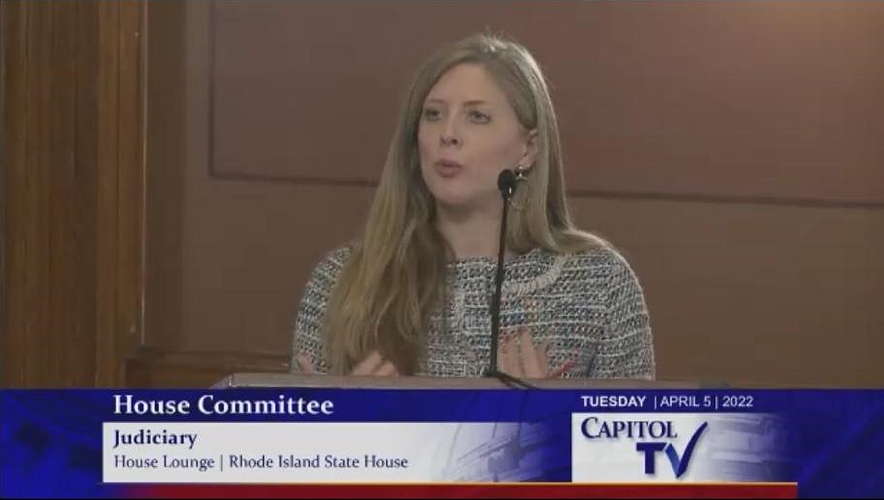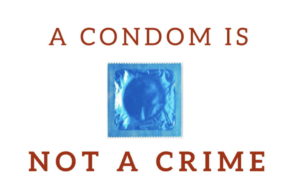May 1, 2022
Sex Work Survival Guide Summit

event link/registration
Date: May 1, 2022
Times: 10am-12am EST — recording will be available per perpetuity online
Cost: FREE
May 2, 2022
Webinar: Pending Legislation on Sex Work Decriminalization
The New York County Lawyer’s Association will host a webinar on pending sex work legislation and the movement behind it. Join DSW’s legal director, Melissa Sontag Broudo, and others on May 2 at 6 pm EST for this important session. All are welcome and CLEs are available for attorneys.
For more information and to register, click here.
DSW Newsletter #35 (April 2022)
DSW Testified on Important Sex Work Bills in RI
April 5, 2022 DSW’s legal director, Melissa Broudo, and staff attorney, Rebecca Cleary, traveled to Rhode Island to testify in support of three important bills making their way through the Rhode Island legislature. As DSW works towards...
Read More
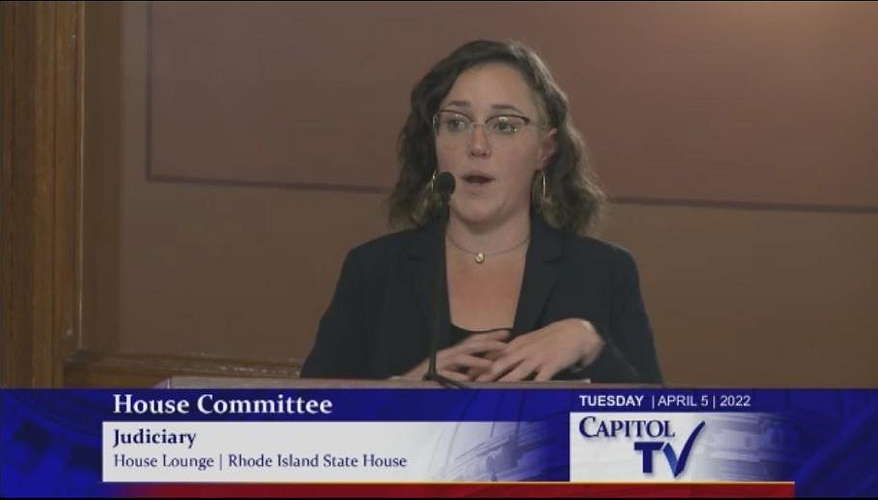
CO Quickly Advances the Safe Reporting Assaults Suffered by Sex Workers Act
April 20, 2022 The Safe Reporting Assaults Suffered by Sex Workers Act, HB22-1288, allows sex workers to come forward to report a crime, access medical or emergency services, or both, if they are in need or witness another...
Read More

DSW Report Finds Strong Racial and Gender Biases in Prostitution and Trafficking Enforcement
April 15, 2022 DSW’s new report, “By the Numbers: New York’s Treatment of Sex Workers and Trafficking Survivors,” examined data that had not previously been examined in its totality. Our analysis demonstrates that racial and gender biases...
Read More

Oregon Sex Workers Committee’s Human Rights Commission
April 11, 2022 The Oregon Sex Workers Committee (OSWC) hosted its second Human Rights Commission Hearing. The hearing, held in Eugene, OR, brought together a diverse group of individuals including sex workers, allies, and members of law...
Read More
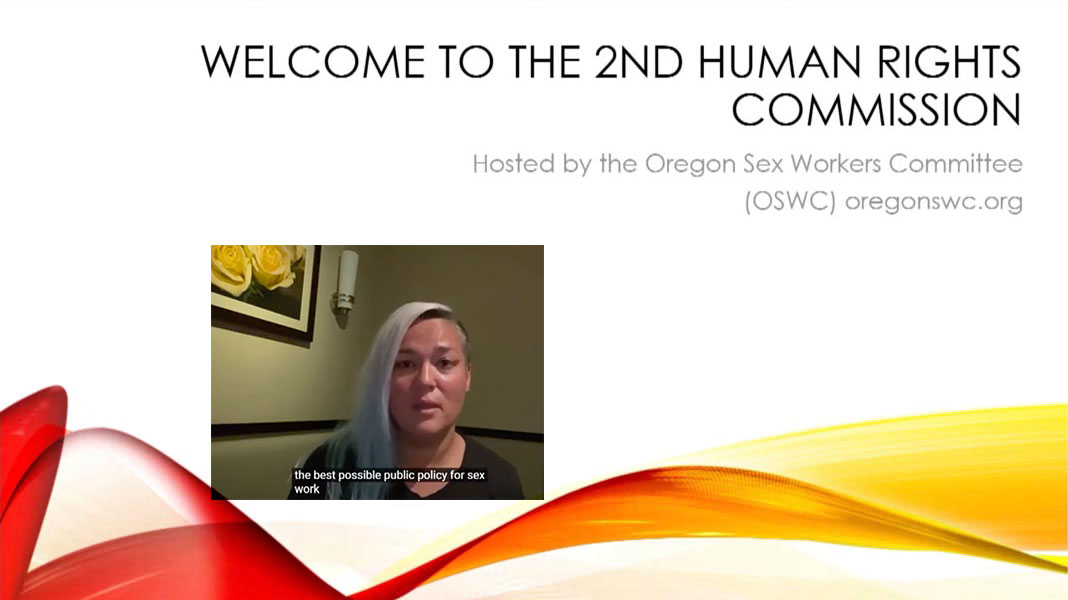
STI Awareness Month
April 1, 2022 Each April, the American Sexual Health Organization (ASHA) recognizes Sexually Transmitted Infection (STI) Awareness Month. Additionally, the Centers for Disease Control and Prevention (CDC) recognize STI Awareness Week from April 10-16. According to ASHA:...
Read More
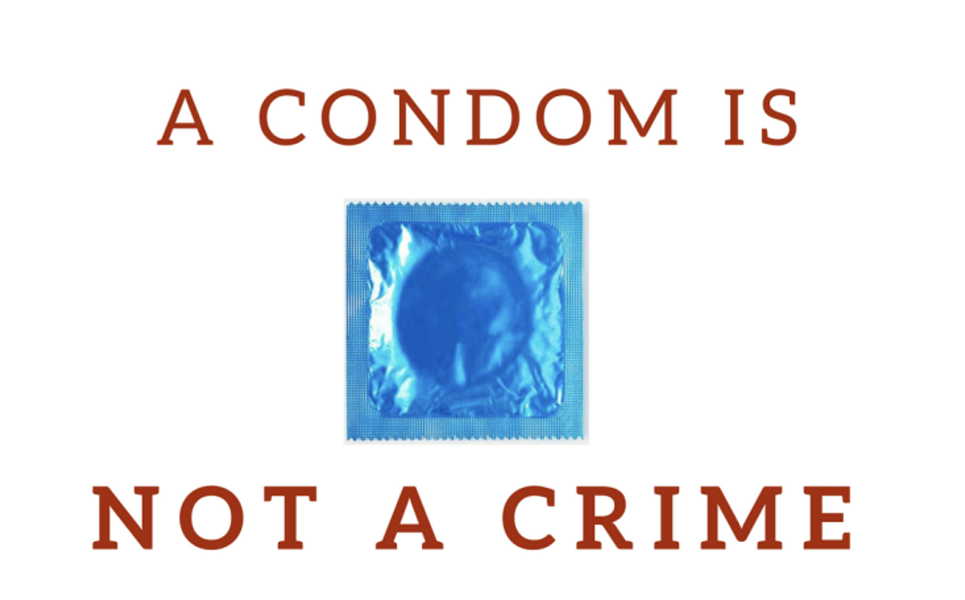
Save the Dates
May 1, 2022 Sex Work Survival Guide Summit event link/registration Date: May 1, 2022 Times: 10am-12am EST — recording will be available per perpetuity online Cost: FREE May 2, 2022 Webinar: Pending Legislation on Sex Work Decriminalization...
Read More


